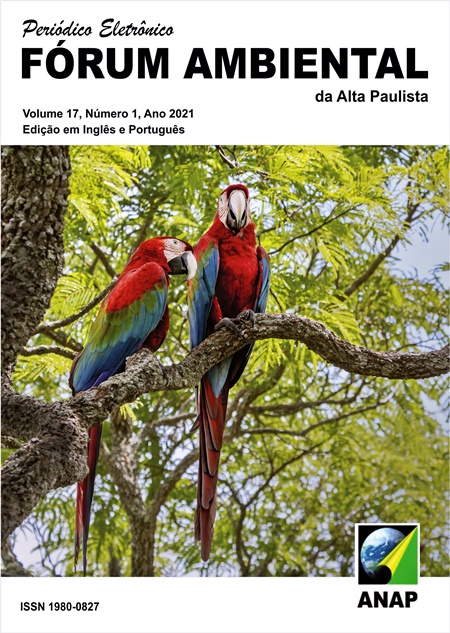Higher Education: Learning of students with disabilities in remote education in times of pandemic
DOI:
https://doi.org/10.17271/1980082717120212837Palavras-chave:
Remote teaching. Disabled people. Covid-19.Resumo
A new reality affected the educational system with the Covid-19 pandemic, significantly altering social life. Higher education institutions recognize the need to analyze the impacts of their measures on remote education, in the context of the pandemic, which affect each group of students, including people with disabilities. Efforts that deserve special attention in view of the potential of these people, as citizens who seek to build new skills from higher education. Brazil is not isolated in the face of this challenge, but the development of inclusive relationships for people with disabilities in remote classes and educational activities depends on the adequacy of the virtual environment to the characteristics and state of difficulty of the students to exercise their autonomy in the teaching and learning process. The experience reports, presented in this article, point out the learning challenges of students with disabilities during remote education in the Covid-19 pandemic. The classes and activities in the remote environment were at the heart of the establishment of a monitoring routine between student, teacher, monitors and a professional specialist in the accessibility program of the educational institution. In a scenario like the one presented, interventions to overcome limitations such as the construction of meaning to texts, due to the lack of reading skills and the capacity for abstraction, were successful. A collaborative support network of professionals is shown to be an important measure for welcoming the peculiarities of students, especially in remote education, and it shows in practice respect for their individual characteristics.













